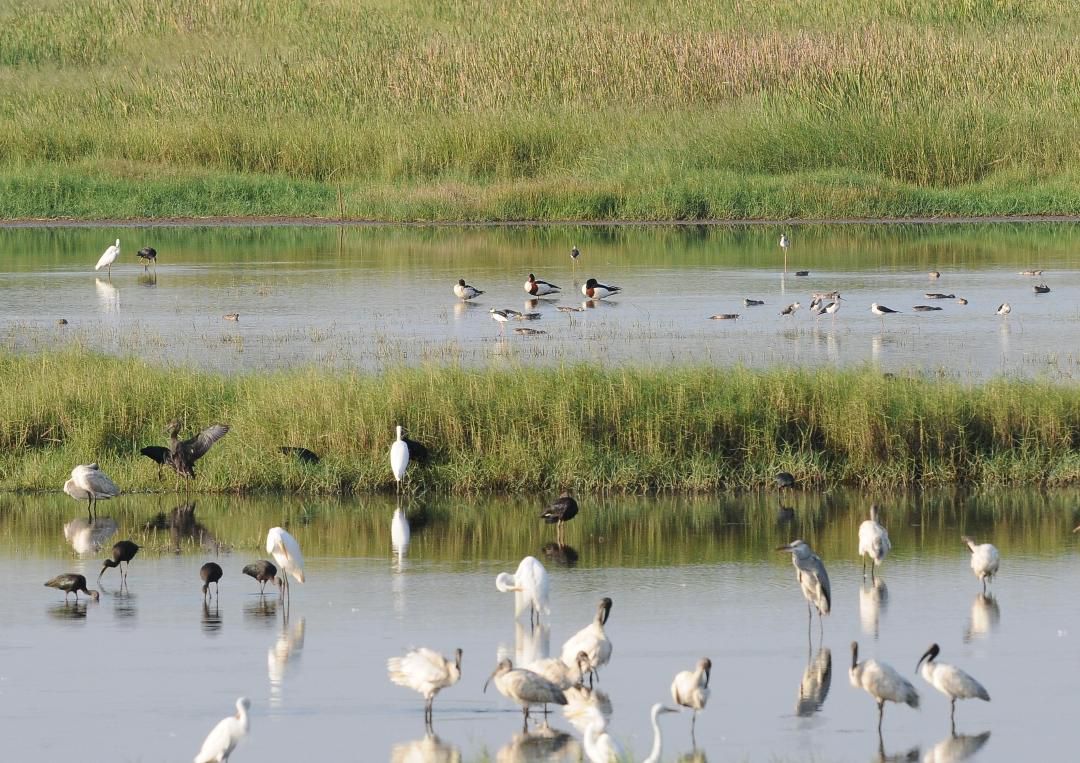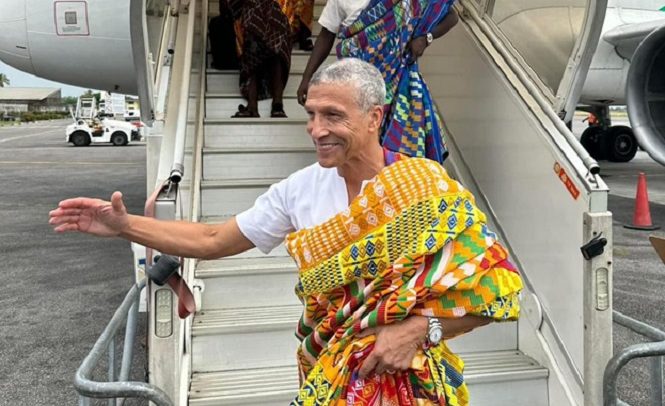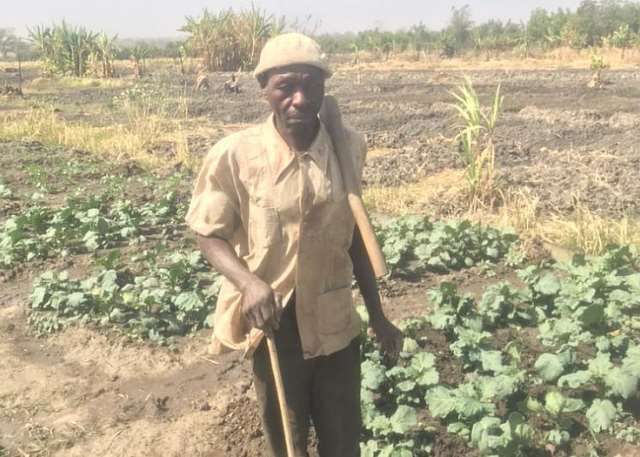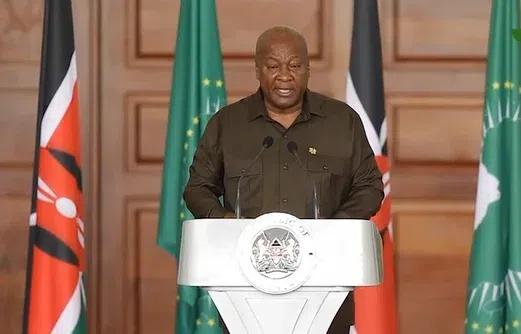
After a stressful week, surviving the bustling streets and surviving the stress of work, it is finally a Saturday morning. Your phone is fully charged, headphones plugged in and bed feeling more comfortable as ever as you prepare to continue that movie series you’ve been avoiding to stay focused.
All of a sudden, your WiFi is down and your mobile networks are all unresponsive. No scrolling through social media, no streaming your favourite shows, no instant messaging. Annoying, right? Now, imagine something far worse—losing Ghana’s wetlands forever.
Unlike a WiFi outage, which is temporary, the destruction of wetlands has irreversible consequences that affect our climate, water, food security, and way of life.
What Are Wetlands and Why Do They Matter?
Wetlands are nature’s unsung heroes—swamps, marshes, lagoons, and mangroves that act as natural filters, climate regulators, and biodiversity hotspots. Ghana is home to several key wetlands, including:
Sakumo Lagoon (Tema) – A vital bird and fish habitat under threat from pollution and encroachment.
Keta Lagoon – One of West Africa’s largest lagoons, crucial for fisheries but facing destruction due to sand mining and human activities.
Densu Delta (near Weija) – Provides flood control and supports marine life but is being lost to real estate development.
Muni-Pomadze Lagoon (Winneba) – A breeding ground for migratory birds, yet increasingly polluted.
These wetlands provide 40% of the world’s ecosystem services, meaning they do a lot more for us than we realise.
1. Wetlands Are Natural Water Filters
Think of wetlands as nature’s self-installed filter. They absorb pollutants, trap sediments, and improve water quality. Without them, our rivers and lagoons would be choked with waste, affecting drinking water and fisheries.
2. They Help Prevent Flooding (Unlike WiFi, Which Can’t Save You from a Storm)
Wetlands act as sponges, absorbing excess water during heavy rains. With climate change increasing rainfall intensity, losing wetlands means more devastating floods—something Accra, Tema, and Keta have already experienced.
3. Wetlands Store More Carbon Than Forests
Worried about climate change? Ghana’s wetlands, especially mangroves, store large amounts of carbon. When destroyed, they release massive carbon emissions, worsening global warming.
4. They Are Home to Incredible Wildlife
Ghana’s wetlands support over 70 species of migratory birds, including flamingos and herons. They also provide breeding grounds for fish, crabs, and sea turtles. Destroying wetlands means destroying our biodiversity.
5. Your Favourite Seafood Depends on Wetlands
If you enjoy tilapia, shrimp, or crabs, wetlands should matter to you! Many fish species spawn in lagoons before moving into the ocean. Wetland destruction means fewer fish, higher seafood prices, and loss of livelihoods for local fishermen.
Why Are Ghana’s Wetlands Disappearing?
Despite their importance, Ghana’s wetlands are being destroyed at an alarming rate. The main culprits?
Unregulated real estate development – Wetlands in Sakumono, Weija, and Ada are being filled to build houses, hotels, and roads.
Sand winning & illegal mining (Galamsey) – Keta Lagoon and other wetlands are being dug up for sand and gold, destroying ecosystems.
Plastic pollution – Many wetlands, especially in Accra, are choked with plastic waste, affecting water quality and marine life.
Agricultural expansion – Wetlands are being drained to make way for farming and irrigation projects, reducing fish habitats.
What Can You Do?
The good news? You do not need to be an environmental scientist to help save Ghana’s wetlands. Here’s what you can do:
Stop dumping waste in wetlands – Plastics and chemicals kill marine life. Use proper disposal methods.
Support sustainable seafood – Overfishing in wetlands leads to depletion. Choose responsibly sourced fish.
Raise awareness – Many Ghanaians do not realise the importance of wetlands. Share this information!
Push for stronger policies – Ghana needs better laws to protect wetlands from destruction. Support conservation efforts.
Final Thought: WiFi Can Be Repaired, Wetlands Cannot
Losing WiFi might make you feel disconnected for a few hours, but losing wetlands disconnects us from nature’s most essential life-support systems—clean water, flood protection, biodiversity, and food security.
Ghana cannot afford to lose its wetlands. The time to act is now.
Read Full Story








![[Video] Heartbroken husband of nurse who burnt to death inconsolable at funeral](https://sportal365images.com/process/smp-images-production/pulse.com.gh/16022025/16d8d3d4-b4c7-49b0-8b05-9608091145c1.jpg)






Facebook
Twitter
Pinterest
Instagram
Google+
YouTube
LinkedIn
RSS